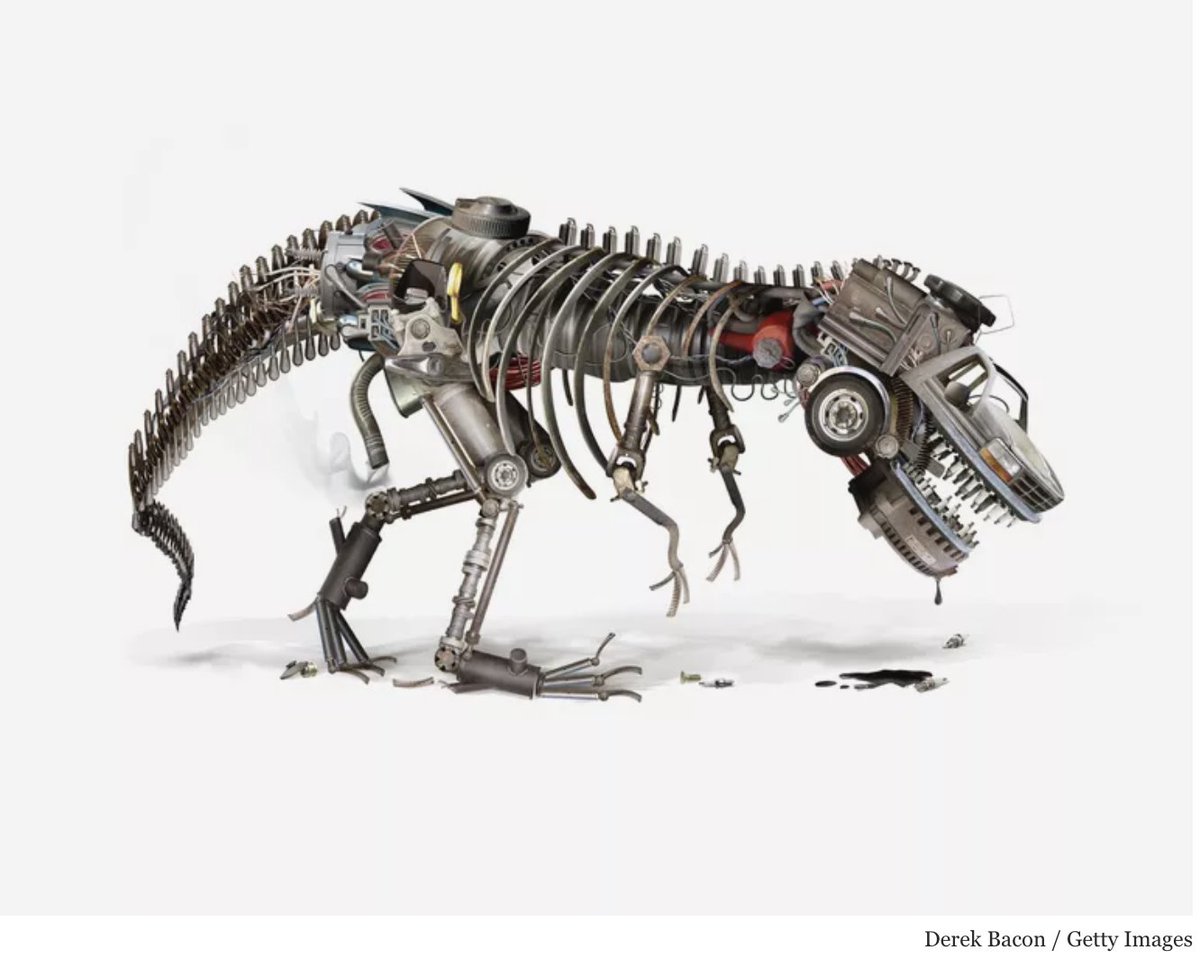Why Do Governments Tax or Subsidize Fossil Fuels? https://www.cgdev.org/publication/why-do-governments-tax-or-subsidize-fossil-fuels#.XzwJoANlzJA.twitter
My latest paper with @paashamahdavi and Cesar B. Martinez-Alvarez is now a @CGDev Working Paper. Here's a thread. 1/n
We wanted to understand policies on #fossilfuels consumption -- why governments sometimes raise taxes & other times boost subsidies. Countries seem to follow many different paths. 2/n
Governments spend over half a trillion dollars/year to subsidize #fossilfuels. Everyone from @IPCC_CH to @G20 to @IEA condemns fuel subsidies. Heroic groups like @PriceofOil @SEIresearch @IISD_news and others work to stop them. 3/n
Yet our previous research with @chadhazlett in @NatureEnergyJnl found that, on average, net gasoline & diesel taxes FELL and subsidies GREW from 2003 to 2015. So why do governments sometimes make reforms? 4/n
The earlier article is here: https://www.nature.com/articles/nenergy2016201 5/n
To answer we used original data on implicit gas subsidies/taxes, collected at a monthly level for 157 countries 2003-15. 6/n
We looked exhaustively at many factors. In the end we drew three conclusions. First, fuel taxes are extremely hard to change. Governments announce reforms but never implement them. Or implement and then rescind them. True reform is disappointingly rare. 7/n
Second, changes are overwhelmingly driven by two slow-moving, structural factors: income and fossil fuel wealth. 8/n
Many things we thought would matter didn't. Things like transparency, elections, democratic accountability, government effectiveness, car ownership. 9/n
Finally, when reforms occur they're linked to "local political conditions" - the complex policy battles that many outstanding case studies feature, e.g. @harrovanasselt @jakob_skovgaard @jimkrane @BarryRabe @lauraelkatiri & many others 10/n
In short: gasoline taxes & subsidies are extremely tough to change, driven by a country's income & revenue needs, and to a frustratingly small degree, local political pressures. 11/n
We found little or no evidence that governments changed their fuel tax/subsidies in response to the climate emergency. And lots of evidence for what @BarryRabe calls the "breadth and ferocity of political opposition" to carbon pricing. 12/n
Reformers should not despair. We find reforms CAN happen when incomes are rising (past a threshold), oil/gas exports are falling & local conditions are ripe. But most other places -- if the future is like the past -- other carbon-reducing strategies are more likely to work. 13/13

 Read on Twitter
Read on Twitter





